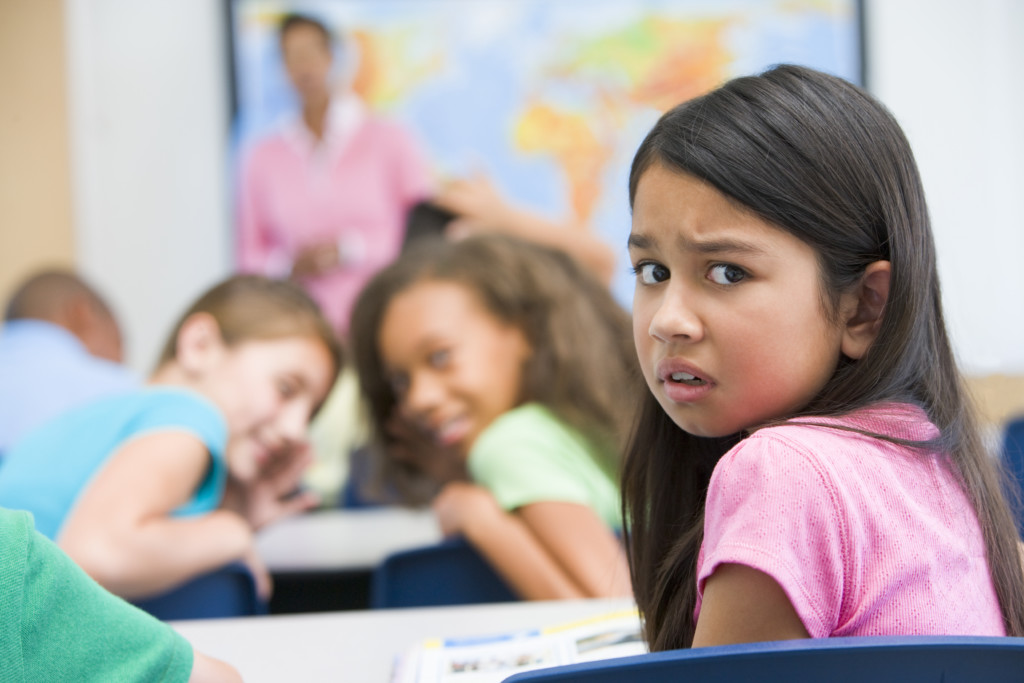For most of us, interacting with other people comes naturally. However, students with conditions such as high functioning autism, verbal or nonverbal learning disabilities, ADHD, or those with no specific diagnosis but struggle with social interactions, often lack this innate ability to think through and succeed in everyday social situations. For them, social thinking must be learned and practiced.

PSLLC’s cutting-edge social communication groups bring together students of similar ages and abilities for weekly therapy sessions. Students learn ways to engage in conversation, improve perspective taking, and establish and maintain friendships.
Based on the Social Thinking® model developed by world-renowned expert Michelle Garcia Winner, we teach social communication skills ranging from perspective taking, which is understanding that others have “thoughts” separate from our own, to interpreting and responding to the nuances of verbal and non-verbal communication.
Signs of Social Learning Challenges
- Has trouble making friends, keeps to him/herself
- Socially anxious
- Socially awkward
- Cannot see the “big picture”
- Has trouble figuring out others’ intentions
- Cannot “read” body language, facial expressions, context, etc.
- Is struggling with reading comprehension
- Has trouble managing his/her time
- Has poor planning and organizing skills
- Is having difficulty working in a group
- Does not understand “figurative language”
- Has difficulty initiating conversations and social interactions
- Does not show empathy
- Has trouble holding a job
- Is being repeatedly bullied
- Is refusing to participate in school activities
Who can benefit from participating in the social thinking groups?
Groups are geared for students with average to above average IQ who have social cognitive deficits as a result of high functioning autism, ADHD, nonverbal learning disorder (NLD), or those with no specific diagnosis. We work with students starting in kindergarten and, as students progress in school, they gradually move on to more complex social thinking topics depending on their maturity and interest level.
Why Social Thinking® is Different
Social skills group therapy incorporates repetition and positive reinforcement, behavioral modification methods that have been proven to be effective for children with autism. Additionally, social skills group therapy addresses the thought processes behind social interactions, which helps children and adults carryover and apply social skills to new contexts and environments.